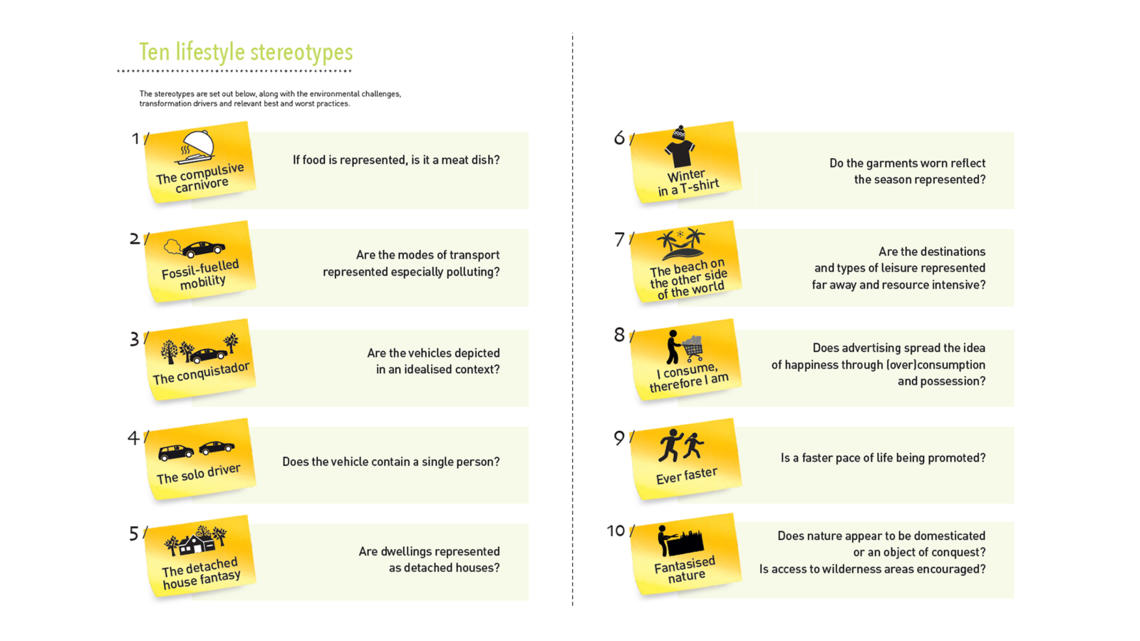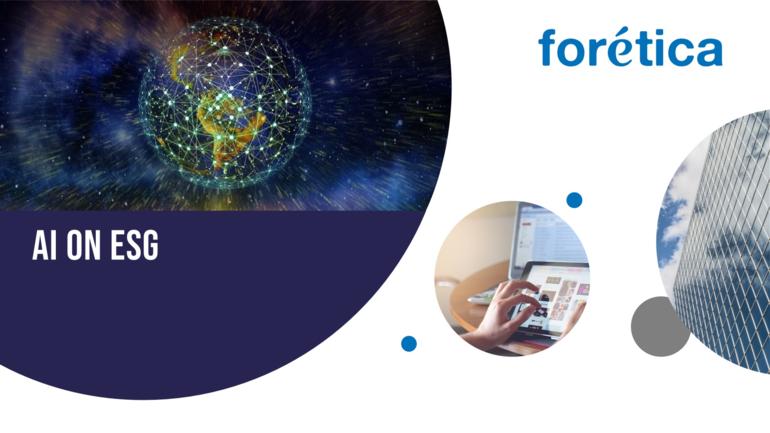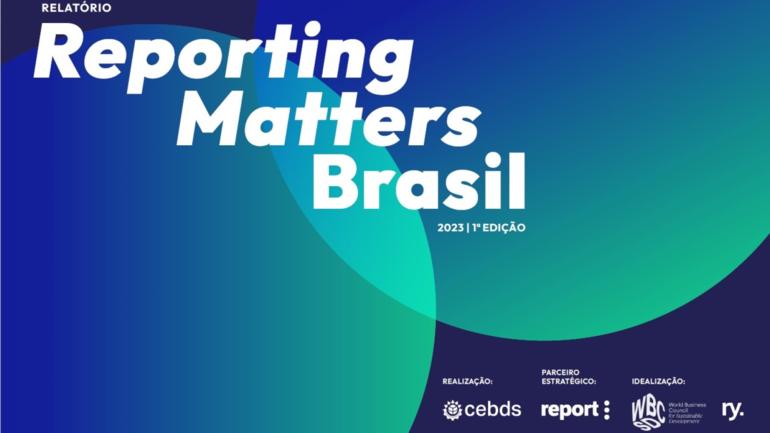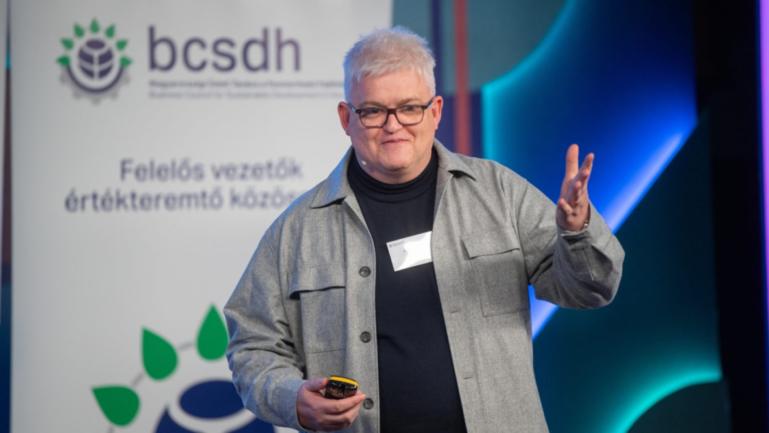Paris, 28 June 2022: The ZEN 2050 study by EpE member companies - Entreprises pour l'Environnement (EpE) is WBCSD’s French partner - concluded that France could achieve carbon neutrality by 2050, provided all stakeholders (corporate, government, citizen-consumers, etc.) rallied strongly to achieve an unprecedented transformation of our lifestyles and consumption patterns. The equally important goal of preserving biodiversity further reinforces the need for transformation.
Every person pursues or adopts a lifestyle of their own, influenced by the context in which they evolve. Commercial messages carry representations through and beyond the promotion of goods and services. Businesses, especially advertisers and the advertising sector as a whole, therefore have a key role to play in what could be a revolution of the collective mindset. Several EpE members have already committed themselves to this path and their practices provide material for this guide.
Acting on those representations is one of the ways to achieve the ecological transformation of our society and economy. The energy and creative talent of the entire sector (brands, agencies and media), brought to bear on the representation and promotion of a new environmentally friendly consumer society and new ethical standards, could well play a leading role in the transition of our lifestyles, based on three approaches:
- identification of the positive and negative impacts on the environment of the lifestyles projected by commercial messages;
- promotion of lifestyles conducive to the ecological transition in order to make them desirable;
- avoidance of representations which mainstream lifestyles not conducive to the ecological transition.
This guide is organized around the following principles:
- highlighting 10 stereotypes that are sometimes present in advertising, rooted in our unconscious, sometimes beneficial, sometimes harmful to the planet, in order to contribute to the evolution of our habits and the emergence of new lifestyles;
- these representations reflect common issues and so rely on existing referential: food, transport, housing, travel, entertainment, ideas of happiness and success in life, relation to time and to nature. The issues fall under the main environmental impact sectors (greenhouse gases, biodiversity);
- the guide sets forth proposals to make sustainable behaviors and lifestyles desirable and illustrates them with best practices.








